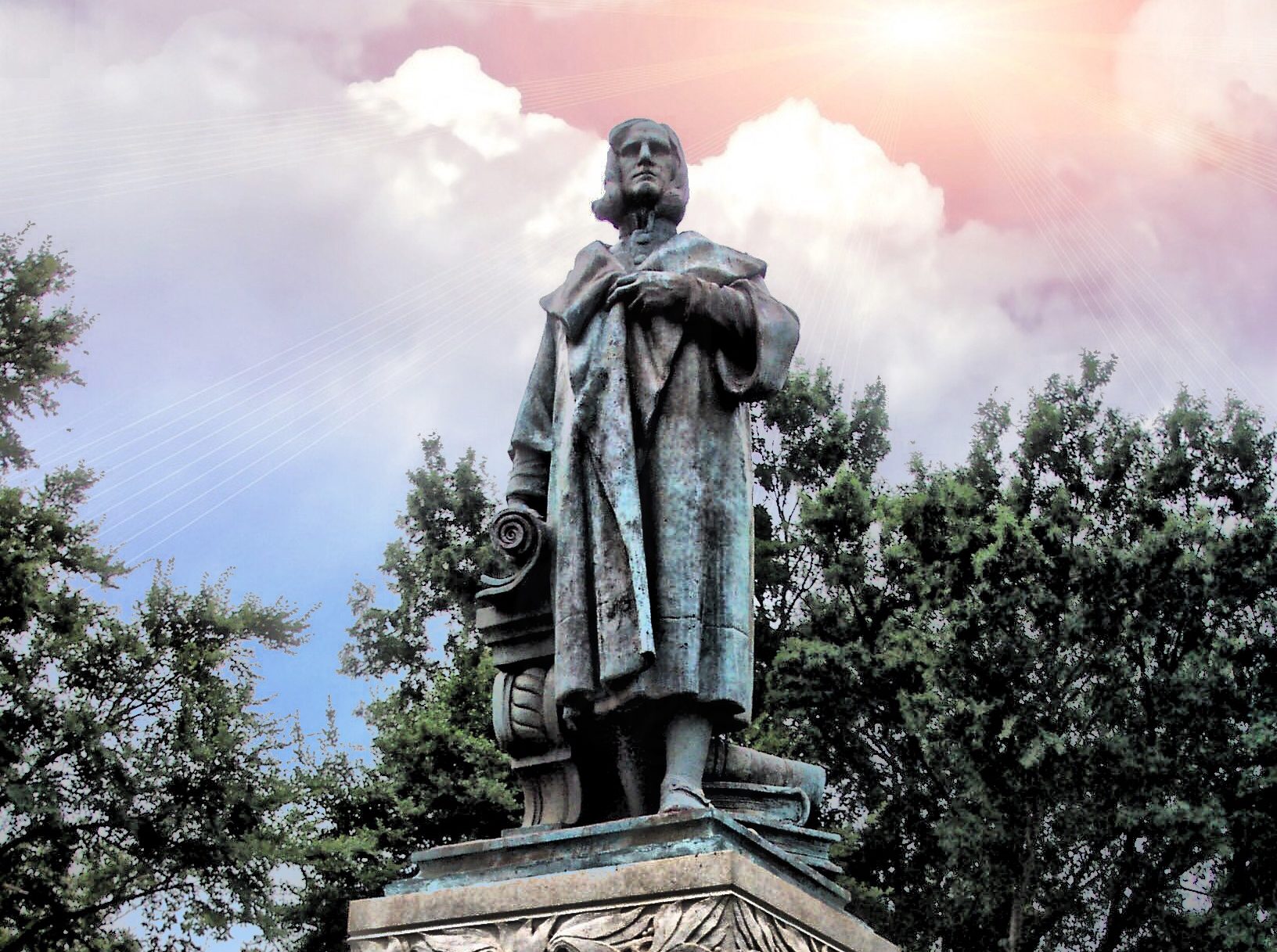October holds two holidays, celebrated on the same day, that are divisive amongst those that celebrate the other holiday.
Indigenous Peoples Day, first celebrated in 1992 but coming to popularity more recently, was created as a way to celebrate the nations of native inhabitants of the Americas that were murdered, died of plague spread by European colonizers or otherwise displaced, in most cases far away from their native lands.
Columbus Day, first celebrated in 1892 is an annual holiday that honors the now somewhat divisive reputation of the first European explorer, Christopher Columbus, to set up a permanent settlement on the American continents, despite the fact that he never officially made it to the mainland Americas and despite the fact that there were later found to be Scandinavian explorers that set up settlements in modern-day Canada.
Though, what is normally left out of the Columbus Day narrative is the reason why the holiday was originally adopted as a national holiday. According to a New York Times article entitled “How Italians Became White,” the holiday was adopted following the lynching of several Italian-Americans in New Orleans. Adopted by then-president Benjamin Harrison who, in his 1891 State of the Union, called on Congress to protect foreign nationals.
Columbus himself was an Italian, being born in the Republic of Genoa, an independent Italian state that would later be part of modern-day Italy.
Though, despite the help that Columbus Day provided for Italian immigrants gaining acceptance in a culture that excluded them, it is also seen as a day that celebrates a man with a dark, seldom told history.
Columbus himself upon arriving in the Bahamas set about enslaving the native people and later as the governor of Hispaniola (the island that now makes up the countries of Haiti and The Dominican Republic) enacted barbaric acts of torture on the island’s population.
Adding to that, as the “discoverer” of America, Columbus bears the brunt of the blame, warranted or not, for the vast array of acts carried out by European colonizers in both North and South America, including but definitely not limited to:
The Great Swamp Massacre, an event that took place during King Philip’s War in modern-day New England, in which a tribe of Narragansett natives were attacked after a dispute with colonizers, which then resulted in 300-1,000 natives being killed.
Related Articles:
- Everything You Need to Know About Breast Cancer Awareness
- New Studies Suggest Different Narratives Concerning Undocumented Immigrants
The Extermination of the Pequot, where 700 Pequot were killed by colonists and hundreds more were being sold into slavery in the West Indes.
The Gnadenhutten Massacre in which 96 Delaware tribespeople were brutally murdered with hatchets and mallets.
The Creek War, in which 2,500 militiamen slaughtered 186 Creeks at Tullaschatee. According to an article on the History Channel’s website, the massacre was so bad that mothers killed their children, fearing that the soldiers would do worse to them.
“We shot them like dogs,” said Davy Crockett, frontiersman, politician and American folk hero.
Apparently during the assault, a native woman attempted to kill her baby and eventual president Andrew Jackson took the baby from her and raised it as his own.
Speaking of Jackson, his Indian Removal Act of 1830 displaced nearly a quarter-of-a-million Cherokee, Choctaw, Creek and other native inhabitants out of the Southeast. Thousands died along the way.
Yet, all of this is just a fraction of the massacres carried out by colonists enacting Manifest Destiny, in an attempt to create a new world on the homeland of an already native people.
Yes, all of it can’t be attributed to Columbus alone. But the idea of celebrating a day that immortalizes the person most known for bringing Europeans to the Americas and in turn, enabling the genocide of an entire race of people again and again and again is obviously a little upsetting for some people, especially members of the native community. A community, who as recently as 2016, saw land near their reservation used for a pipeline that could poison nearby Lake Oahe in North Dakota.
The cycle of degradation started with Chirstopher Columbus and as a country built on the backs and bones of a native population that has been nearly eradicated and on migrants who were demonized until they were accepted by the colonist population, the idea of celebrating the genesis for that torment seems at worst political and at least insensitive.
We cannot rewrite our history, but a step in the right direction would be the act of coming to terms with our history, especially the ugly parts and working to make right the wrongs carried out by our ancestors.
Richard Foltz
Executive Editor


